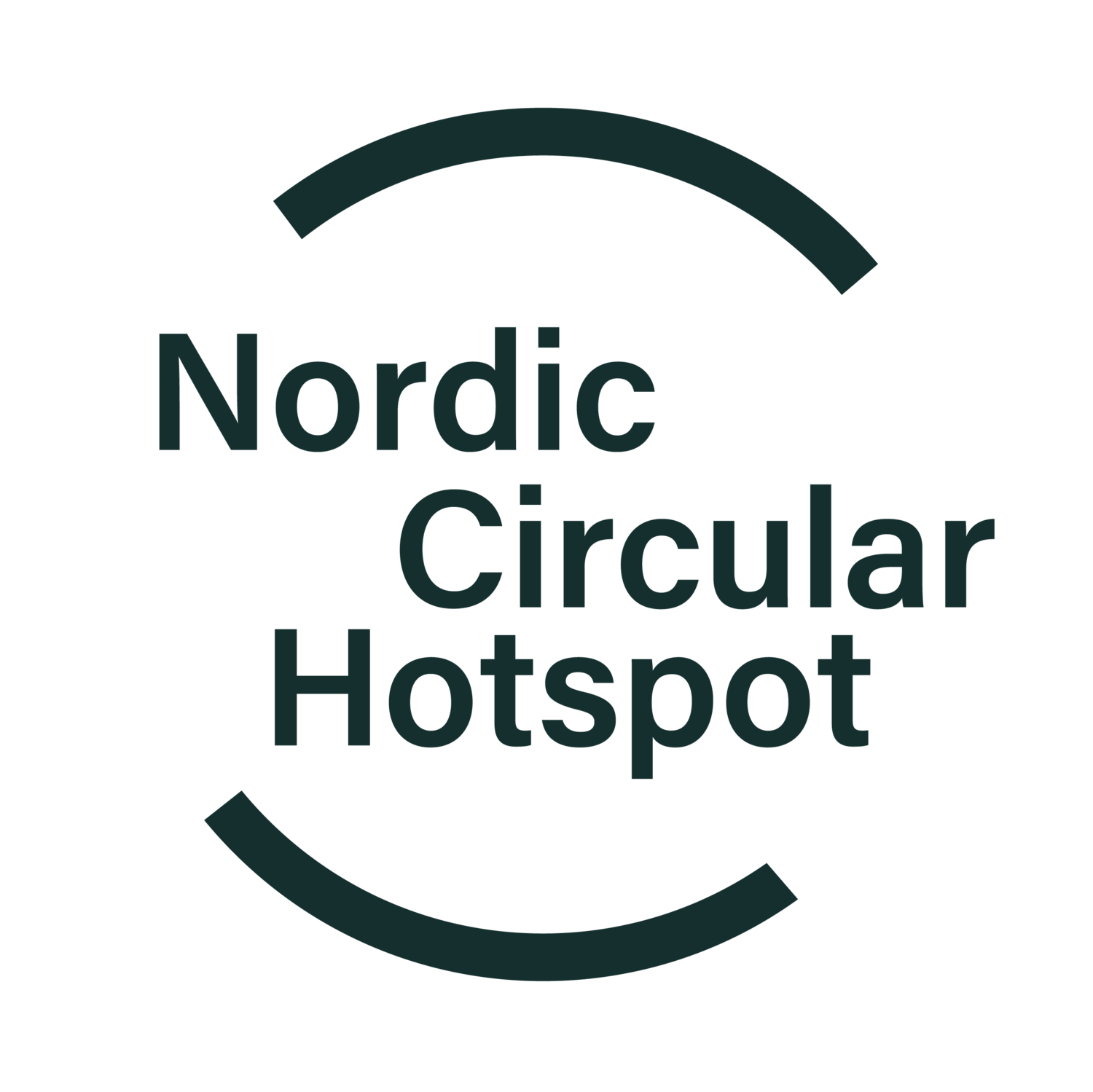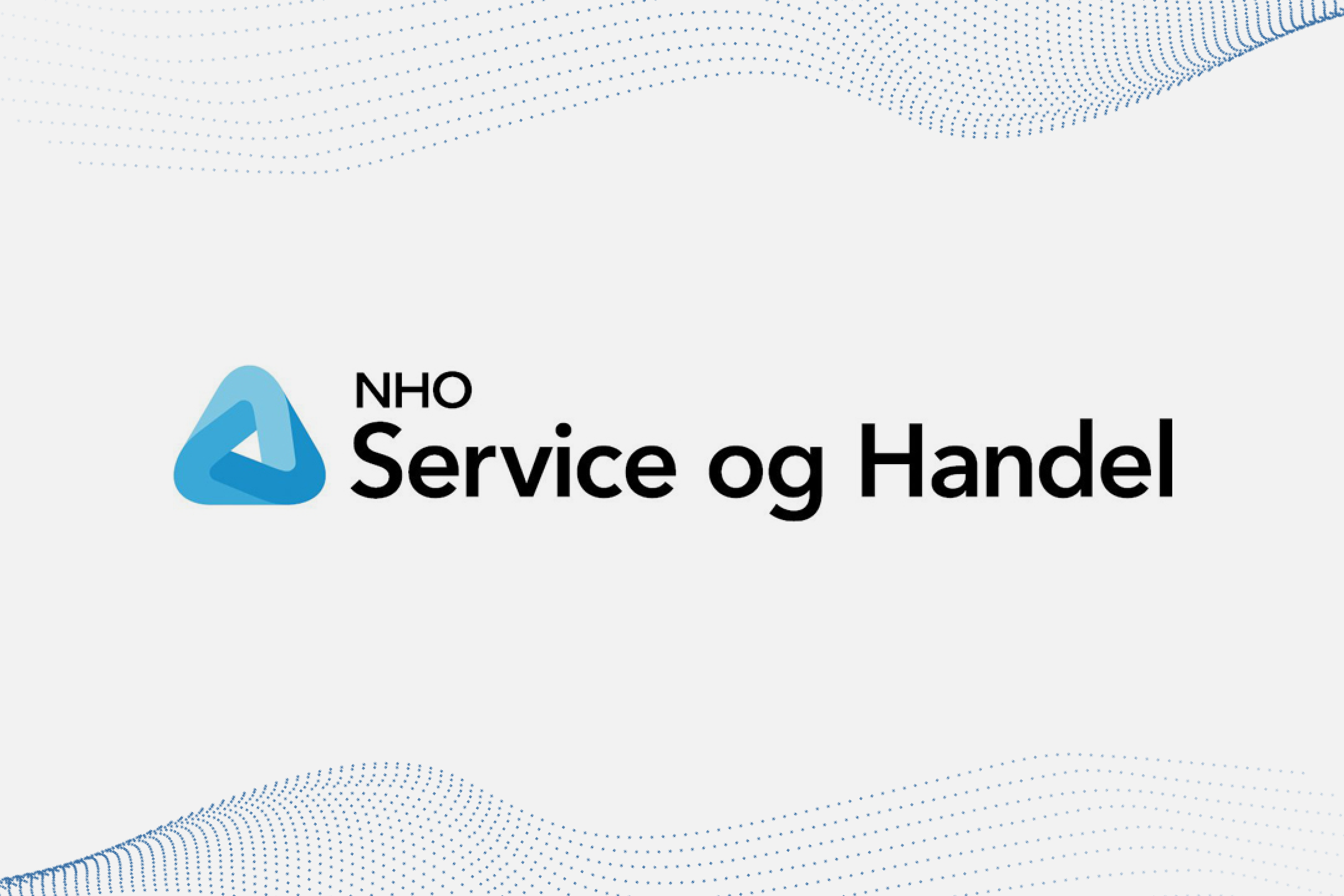Building a new economy focusing on the quality of life
Jonathan Foster-Pedley, Dean and Director of
Henley Business School, offers his perspective on how we all need to become activists to save our planet, how we need to change our economic thinking and realise that global equity is a key issue in the transition to a circular economy.
Photography by Arthur Poulin (via Unsplash)
Jonathan recently spoke at the Nordic Circular Summit, where Mandag Morgen had the chance to talk with him about his approach to the circular economy. “We need to create a sense of who we are that does not reduce us to mere consumers,” says Jonathan.
When did you first encounter the concept of the circular economy?
The funny thing is that when I was growing up in the 1970s, one of my first jobs was as a gardener working with compost. This was well before people used the term circular economy, but somehow the foundations and natural understanding of the concept were there. Not just for me, but in society in general. These foundations dissipated into competition and consumerism in the 1980s, when the consequences of our actions as a species seemed so far off – yet today, here we are. So when I first came across the concept some years ago, I already had a basic understanding and interest.
Is there anything you would emphasise when speaking about the circular economy? What are the key issues?
It is easy to be reductionist when it comes to the circular economy agenda, to limit ourselves to the easy mantras such as recycling, reuse and so forth. But it is not just about emissions and resources. It is about enhancing the quality of life across the globe. In that same vein, we need to build a narrative that speaks to who we are as humans and what we stand for. We need to create substance, and a sense of who we are that does not reduce us to mere consumers but positions us as caretakers of our planet. Imagination is a vital skill in this regard – we must be able to imagine a better future.
Why is the circular economy important?
We are drowning nature in waste and destroying the planet. We are, quite simply, walking a path that might lead to the destruction of the resources we and other species depend on to thrive. This is dangerous for several reasons, as it will undermine the ability of businesses to create value and jobs and lead to political instability with global ramifications. At the same time, I personally value life and our living planet and want to leave it for my children to experience. There is a meaning to life beyond mere financial metrics.
Photography by Hu Chen
How can we ensure that this transition is just and inclusive, and do you have any fears in that regard?
What we have seen in the past decades is development in places that do not have many resources to begin with, such as South Africa, where I’m based. They often lack these resources because richer countries have historically drained developing ones – and continue to extract their raw materials to this day. And then we go to them and say, “We want you to grow, but don’t use carbon and grow in the same way we did.” This limits the opportunities for developing countries that need coal and gas but are not offered alternatives. It will not be possible to achieve a fully circular economy at a global scale if we fail to consider issues of equality. We need a forum to address this issue. Richer countries need to return some of the resources that they have extracted to poorer countries. The richer countries might not welcome this, but we cannot constrain or ignore others. COVID-19 has shown this, as has climate change. The costs of inaction far outweigh the costs of action.
Who needs to “step up” to ensure a circular economy?
Rich countries, including the Nordics, need to realise that increasing global equity is integral to the solution. However, this is hard because if you do not feel the consequences of the pollution you are causing, it is easy not to see the problem.
Do the Nordic countries have a particular responsibility to ensure a circular economy? In what way?
If you want your societies to survive and thrive in the long term, you need to think in terms of a global circular economy. Fortunately for the Nordics, you are good at this. You have the technology and education systems to transition to a circular economy and strong norms that could benefit the entire world if you were more proactive in spreading them beyond your borders. A global mindset and being attentive to the needs of the collective are vital norms that must be adopted more widely if we are to succeed.
Can partnerships across borders create added value in the transition to a circular economy?
Indeed, but we need a broader view of co-operation. We need to think not only in terms of technology and economics but also cultural collaboration – as this will nurture a global mindset and awareness of human lives beyond our own cultures. These norms are essential for ensuring the global transition to a circular economy.
What is your message to people interested in the circular economy?
I would urge them to start thinking of themselves as activists, as this is how we generate change and acknowledge that we are running out of time. Start to act – at your job, among your friends and family, and in your community. As individuals, we are not special but part of a larger organism that includes all humans and, indeed, the entire planet. The faster we can generate this understanding globally, the better.
Jonathan Foster-Pedley recently spoke at the Nordic Circular Summit 2021 (November 23 - 26, 2021). His talk will be available as a video online soon. The Nordic Circular Summit, co-hosted by the Nordic Circular Hotspot and Nordic Innovation, is a four-day virtual summit bringing together leaders of society, business and government to discuss opportunities, barriers and promising practices in circular innovation and how to transition the Nordic region into a circular economy. The 2021 summit had a particular focus on youth leadership and culture in partnership with the youth movement ReGeneration 2030 Foundation and the CATALY(C)ST project.













